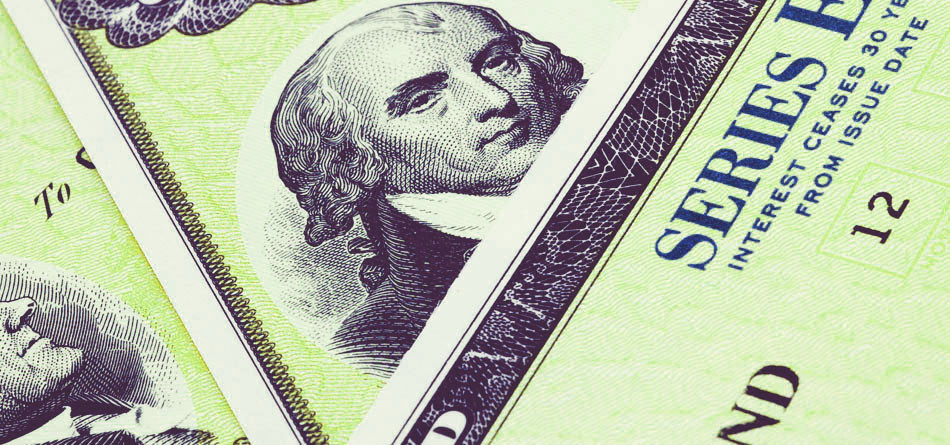Environmentally friendly 'green' bonds are on the radar screen of investors searching for returns. While there is no universal agreement as to what qualifies as a green bond, broadly defined, they are debt instruments where proceeds are used exclusively to fund qualifying green investments, i.e., those with environmentally friendly benefits, particularly, climate change.
Pension Boards/United Church of Christ is taking a look at green bonds for its $1.1 billion Bond Fund. “Most importantly Green bonds are market rate investments unlike many other investments that qualify as socially responsible, “ Andrew Russell, PBUCC’s fixed income portfolio manager, told Markets Media. “The market is still in its infancy yet is developing quickly. We've begun to educate ourselves on green bonds, and have already positioned two green bonds in the Bond Fund."
At the moment, the risk profile of many green bonds is fairly conservative given that they're backed by supra-national agencies and multilateral development banks such as the World Bank or the European Investment Bank.
“In terms of return expectations, you're not getting much more than U.S. Treasury yields,” said Russell. “There is an expectation that demand for green bonds will grow quickly, particularly as offerings are market rate and corporate issuers would offer higher yields than the multilateral development banks.”
On Thursday, Barclays and MSCI launched a green bond index family measuring the global market of fixed income securities issued to fund projects and initiatives with direct environmental benefits. The Barclays MSCI Green Bond Index family complements the existing Barclays MSCI ESG (Environmental, Social, and Governance) Fixed Income Index family, and is now available to clients.
“The green bond market has grown enormously in recent years,” Sean Kidney, CEO of the Climate Bonds Initiative, said in a statement. “The availability of market standard indices is important in establishing clear, broadly accepted guidelines for the new issuers rapidly entering the market. The stature of Barclays and MSCI will help to bring attention to green bonds.”
While PBUCC’s investments thus far have been via the multilateral development bank route, corporations are beginning to issue Green Bonds. “Importantly, credit risk for green bonds issued by corporations remains on the issuer’s balance sheet.” Russell said.
This means a higher yield for the investor. Toyota Financial Services and Unilever are early corporate participants in the green bond market. Noted Russell, “If the credit risk is the same, and the liquidity is the same, and the yields are also the same, why wouldn't you as an investor, if you're concerned about climate change, buy the green bonds?”
Featured image via Stephen VanHorn/Dollar Photo Club














